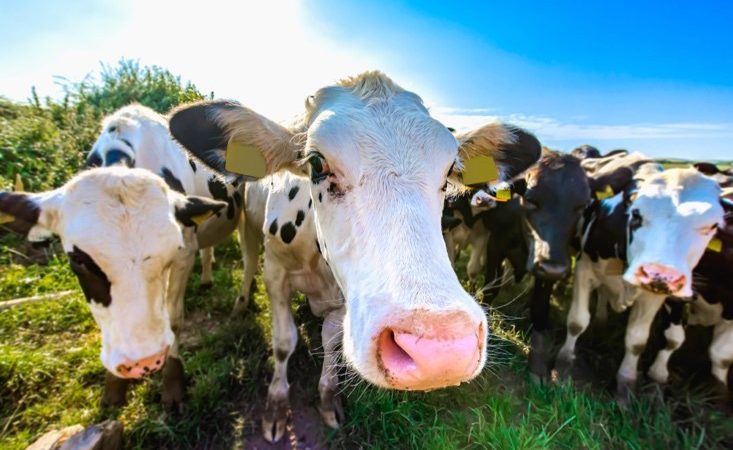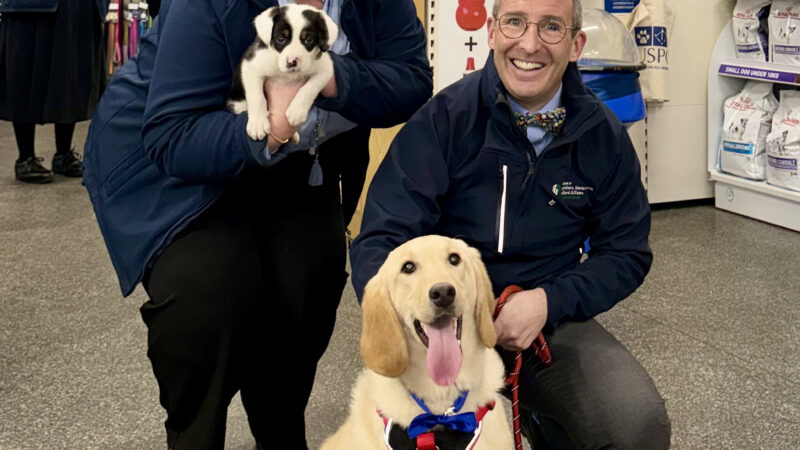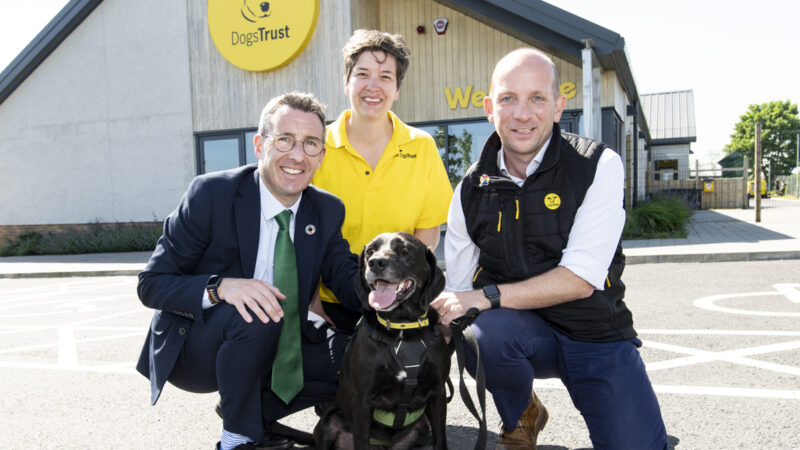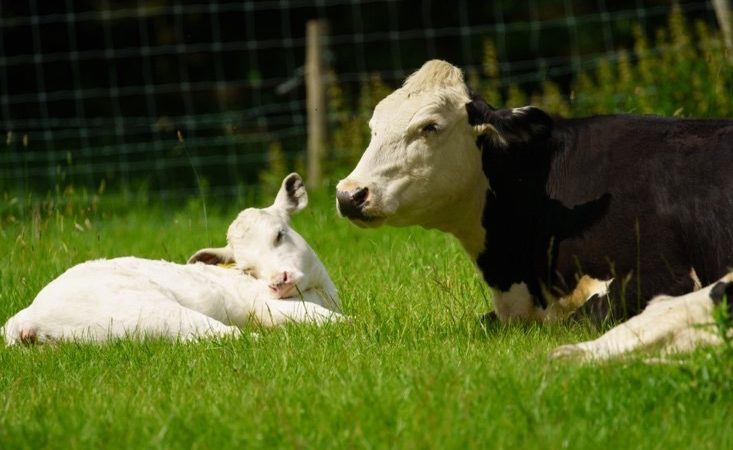New vet tests at racing festival following high profile death
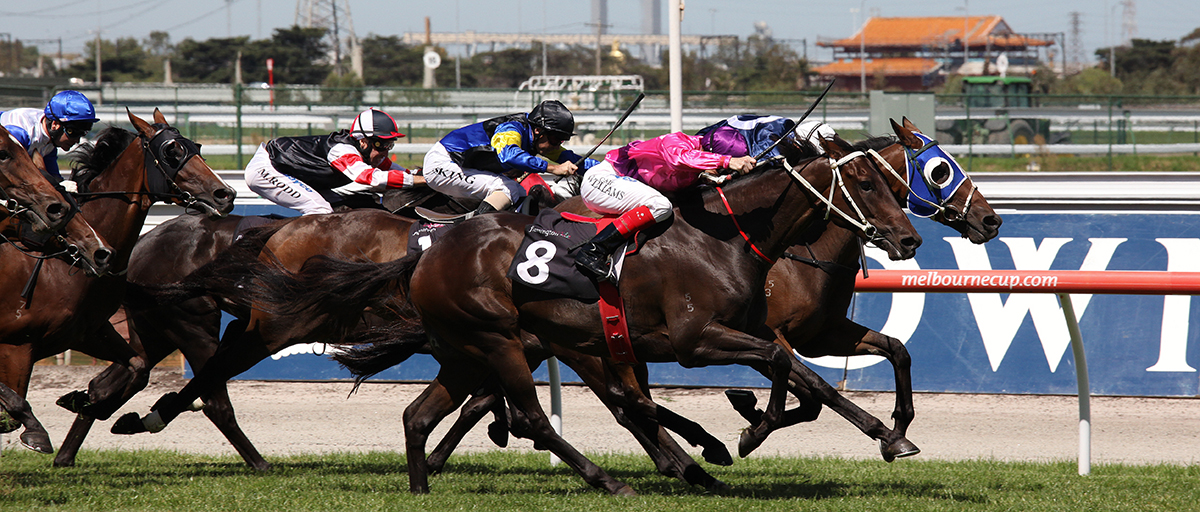
Melbourne Cup makes changes after Derby winner euthanised
Horses travelling from abroad to compete at the Spring Racing Carnival in Australia must now undergo a series of veterinary tests following the deaths of several animals in the showcase Melourne Cup.
The changes, which include mandatory CT scans to establish the soundness of any entrant, come in the wake of 2019 Derby winner Anthony Van Dyck having to be euthanised after suffering a broken leg in the 2020.
His soundness had been questioned in the run up to the race but this was unrelated to his fatal injuries, said a report by Racing Victoria (RV).
The five-year-old had been previously been diagnosed with proximal suspensory desmitis (PSD), a condition that can cause lameness .
However, the report notes it is “common in athletic horses and is considered low risk for serious injury”.
Racing Victoria chair Brian Kruger said the diagnosis was “considered unrelated to the fatal fractures,” adding: “The report found that whilst current veterinary processes were followed, had mandatory precautionary diagnostic imaging been in place, it may have identified the potential for Anthony Van Dyck to incur a more serious racing injury.”
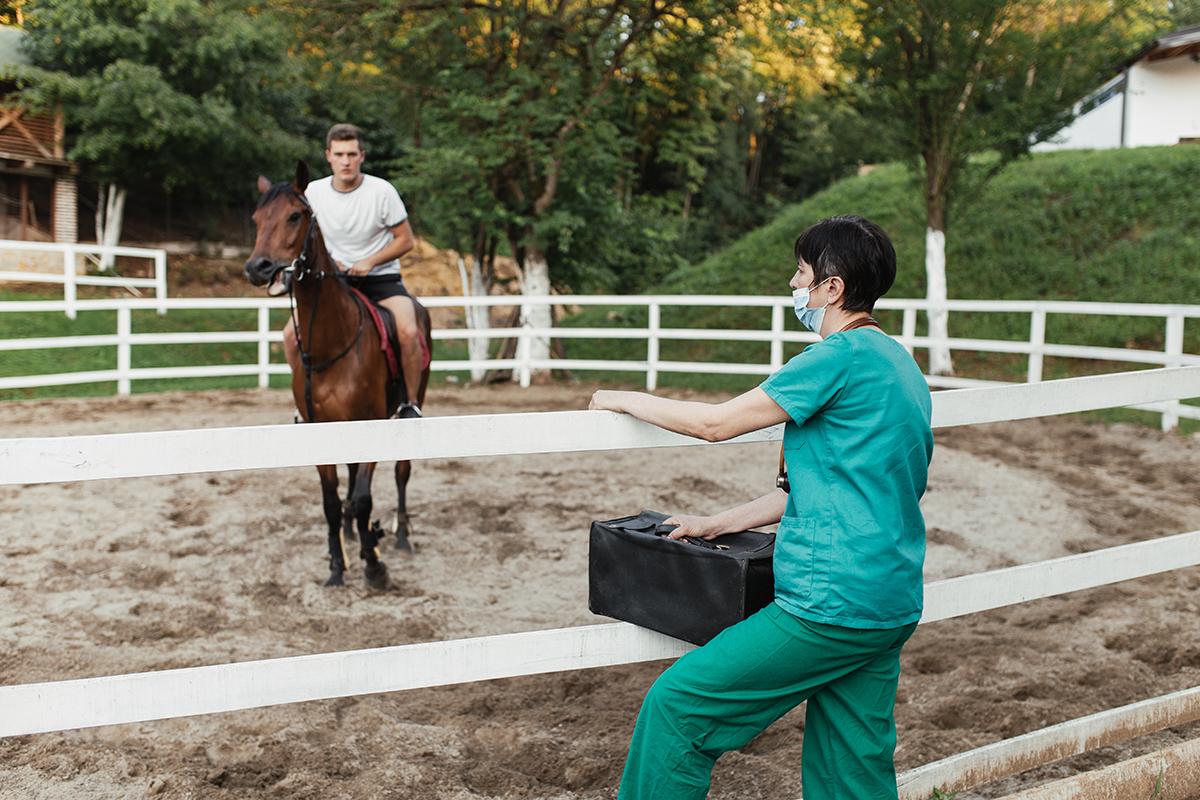
New tests will include:
- All international runners will have to undergo precautionary testing before being allowed to travel and diagnostic imaging for each run.
- All horses must have a CT scan of their distal (lower leg) limbs before the race and an additional veterinary inspection on the day before.
- There will now be a cap of 24 overseas entries at Melbourne’s Spring Carnival, down from the uncapped peak of 42 in 2018.
- International horses will only be allowed to start in one other race in Australia in the lead-up to the Melbourne Cup.
- Any horse who has suffered a previous fracture, or undergone orthopaedic surgery, will not be allowed to run.
The Melbourne Cup, known as ‘the race that stops a nation’ and traditionally attracting a crowd of about 100,000 people, has often been criticised over its safety record.
“We know some of these initiatives will be onerous on connections, but we make no apology for making the safety of horses our priority,” said RV chairman Brian Kruger.
“Our sole focus is on ensuring that horses and riders compete safely, and we are committed to delivering these important enhancements in 2021 and beyond.”


